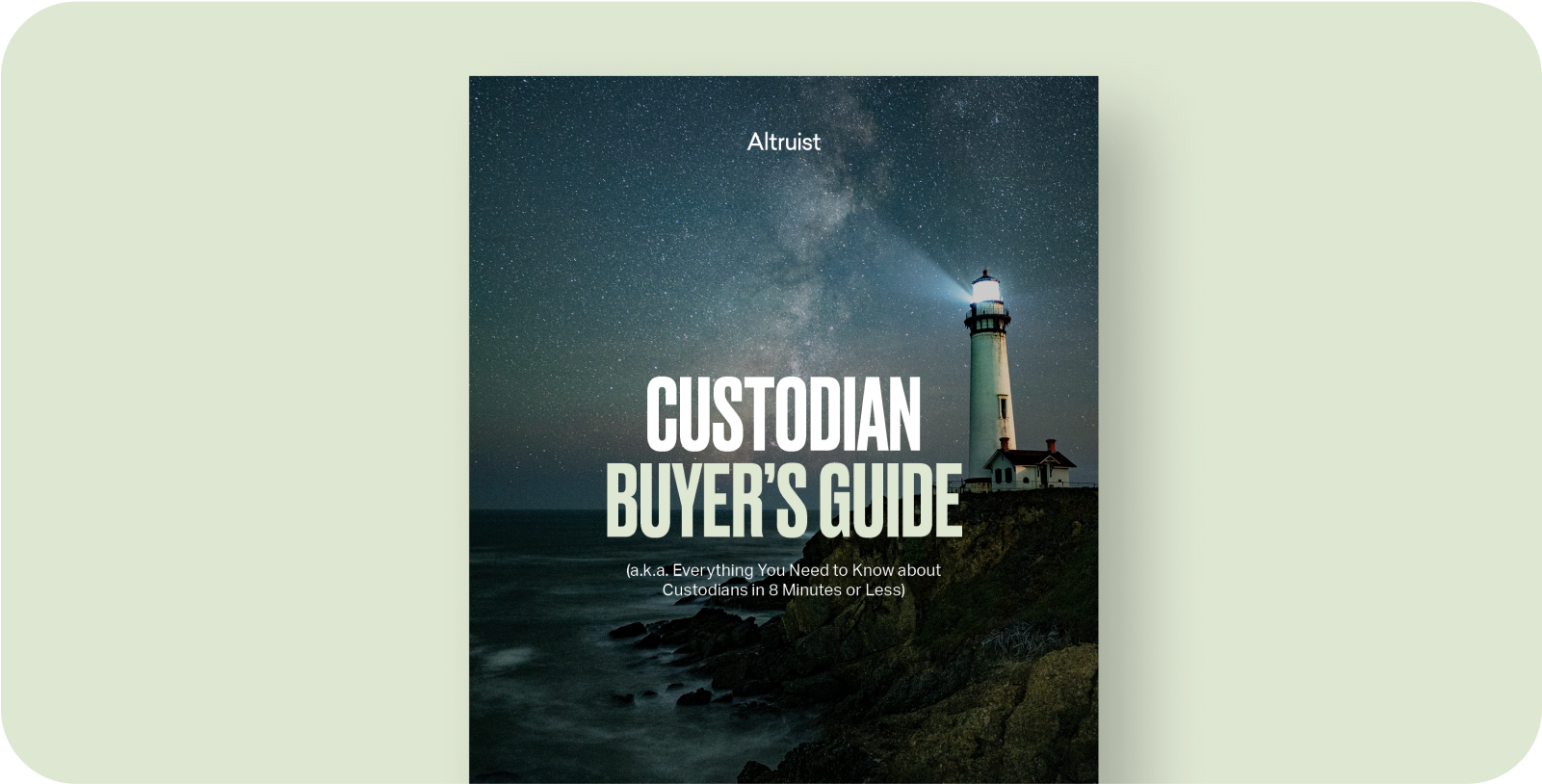Requirements for starting an RIA will vary from state to state. If you plan to start an RIA, you must familiarize yourself with your state(s). In this article, we'll take a look at Michigan.
IARs that are required to register in Michigan:
Advisors located in Michigan or servicing Michigan residents should register with the state.
If you want to make this process easier, consider hiring a compliance consultant.
Financial statement requirements for the state of Michigan:
Advisors must have one of the following professional designations to operate in the state: Series 65, Series 66 and Series 7, CFP, CFA, CIC, ChFC, or PFS.
In addition to paying all the state’s registration filing fees, advisors must complete the following:
-
Submit FINRA Entitlement Paperwork
For IARs to register their registered investment advisor (RIA) application with Michigan, they must apply for access to FINRA's WEB CRD/IARD online platform. It should be known that FINRA doesn't regulate or supervise RIAs. The state of Michigan uses FINRA's system to process applications only. -
Form ADV Part 1 (online portion)
Form ADV Part 1 is the online portion of the RIAs application. It contains information about the RIA only and is also used to upload ADV Part 2A and ADV Part 2B.
Information about the advisor will be found in ADV Part 2B. -
Form ADV Part 2A (paper and online)
Form ADV Part 2A is seen as the RIA's brochure. It discloses information about the firm's fees, services, disciplinary disclosures, and other information about the firm. This brochure must be given to all prospective and existing clients. Michigan requires that this brochure be drafted in plain English that's easy to understand. -
Form ADV Part 2B (paper and online)
In Form ADV Part 2B, IARs will disclose information about themselves from their employment history, educational background, potential conflicts of interest, and any disciplinary actions.
Also, any Executive Officers or representatives who advise clients must complete this form. -
Client Advisor Contract
This must follow the regulatory authority standards for client advisory contracts set forth by the state of Michigan.
-
Code of Ethics
This confirms that the RIA upholds the fiduciary standards required by Michigan. -
Privacy Policy Statement
This statement must be given to clients at the start of the relationship with the RIA and annually after that. In the Privacy Policy Statement, the RIA will explain how it handles, stores, and shares client information. Each RIA's Privacy Policy Statement will vary, but it must meet and comply with the regulations established by the state of Michigan. -
Policies and Procedures Manual
The purpose of this manual is to be a guide for the RIA. This document will outline how the firm maintains and enforces internal policies.
It should include everything from how the firm handles client complaints to how it trains new IARs. It should also have Anti-Insider Trading plans, Business Continuity, Anti-Money Laundering, and Information Security. While this is customized to your firm, it still must meet the State of Michigan's compliance requirements.
Starting an RIA doesn’t have to be overwhelming with the right resources, such as our comprehensive RIA launch kit.
At Altruist, we strive to make independent financial advice better, more accessible, and more affordable. Our platform gives back precious time and capital to RIAs, so you can focus on what matters most: your clients and business.
On one intuitive, integrated platform, advisors can open and fund accounts, trade and rebalance, report, and bill, at a fraction of today’s edging-ever-higher technology costs.
Our dedicated customer support team is here to help advisors that are planning to make the leap from their wirehouse. Our team will help ensure a smooth transition with exceptional ongoing service.
To see how we’re helping RIAs streamline operations, reduce overhead, and elevate the client experience, book a call with one of our transitional specialists now.
*Altruist and its affiliates do not provide legal advice, so it’s important to check with a qualified professional for each state’s registration requirements.
















